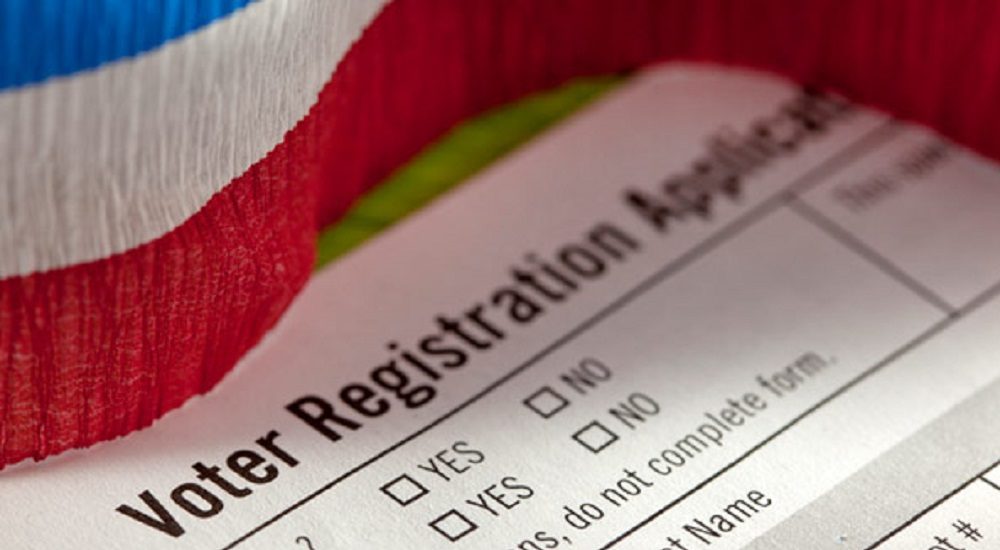Virginia Needs to Join the Rest of the Nation and End Felony Disenfranchisement
And then there were three.
As recently as 2018, Virginia was among 5 states who automatically stripped all convicted felons of their voting rights, and put an onerous and non-guaranteed process in place for those rights to be restored.
In my criminal justice reform round-up post after the election, I noted that Florida passed Amendment 4 in 2018. This constitutional amendment restores the rights of convicted felons (excluding those convicted of murder or sexual assault), allowing over 1 million Floridians to register to vote. It’s notable that this amendment passed with 65 percent support, even as Republicans won the highly-contested Governor and U.S. Senate races on the same ballot.
And this week, the Republican governor of Iowa, Kim Reynolds, will announce that she is ending felony disenfranchisement in her state. Reynolds was the Lt. Governor for Terry Branstad who resigned to become Ambassador to China. Reynolds was then elected in her own right last November.
One bi-partisan vote, and one Republican-led initiative has left the total number of states that automatically strip felons of the right to vote down to just three: Wyoming, Kentucky, and Virginia. Just 4 percent of the total U.S. population lives in a state where any felony conviction automatically means you can’t ever vote again.
Why is Virginia still in the extreme and ever-shrinking minority on this? You can look at states that are more conservative, or considered more “tough-on-crime,” or have all Republican control of governance, yet they still don’t strip felons of voting rights.
There are some options on the table, as well. There are 41 states (and the District) that restore rights automatically at certain times: either after incarceration ends, or after parole ends, or after probation ends. But the rights are restored automatically nonetheless.
Another six states have special carve-outs similar to the new Florida law, like Delaware and Tennessee. Arizona and Nevada don’t strip voting rights from first-time felons, and Nevada also doesn’t strip rights for any non-violent felony. Alabama and Mississippi have enumerated lists of what does and does not trigger losing voting rights.
That leaves three states, including Virginia, that remain an anachronism.
Consider that the ability to vote, and felonies people commit, are rarely connected. Similar to losing your driver’s license for a non-traffic offense (a practice we only recently ended), there is no connective tissue between the two.
If a judge who passes a sentence thinks the loss of voting rights is appropriate punishment for a crime, the judge should be able to include that as part of the sentence. This practice takes that part of sentencing out of the judge’s hands.
That also means it is not even meant to act as a deterrent of crime; it is strictly punitive.
Speaking of punitive measures, we sentence felons to prison for a length the law finds appropriate. Once that sentence is done and complete, we consider the punishment over, and encourage ex-felons to rejoin society. If we thought felons weren’t fit to rejoin society, we’d sentence them all for life in jail. But we don’t. So why is additional, permanent punishment on top of their legally appropriate sentence?
Especially considering this only exacerbates the challenges of being a second-class citizen, as ex-felons are. Job prospects are harder. Establishing credit is harder. Repairing familial and social and community bonds is harder, and government restrictions only exacerbates the issue. We say we want to give returning citizens a second chance, but they have every obstacle put in their way. And then, on top of all of that, ex-felons don’t have a say in their representation.
If we truly value recidivism, we should take immediate steps to doing all we can to fully reintegrate returning citizens into society. That includes restoring voting rights.
It’s time for Virginia to come out of the shadows and join the rest of the nation and end this outdated and counter-productive policy.
Cover photo: Virginia.gov


